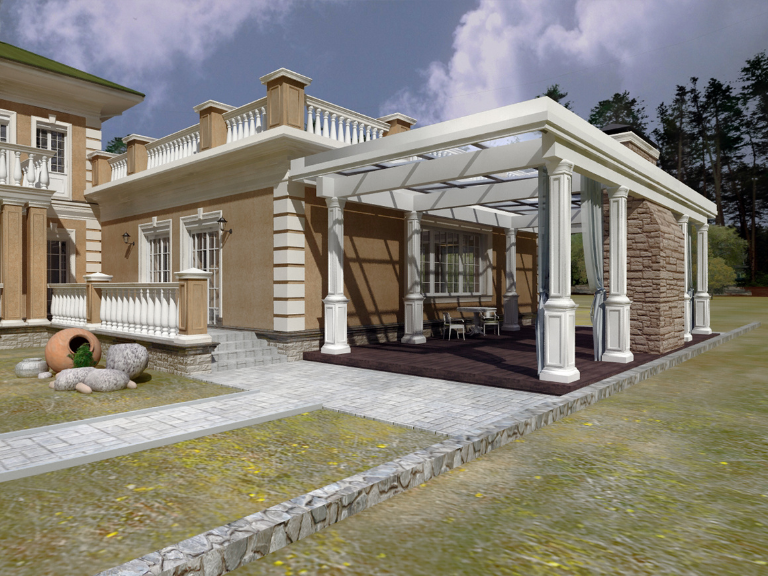Did you know that FHA has several restrictions on Accessory Dwelling Units (ADU)? If you’re considering adding an ADU to your property in Georgia, it’s important to understand these guidelines.
When a property includes an ADU and the use of rental income is considered, there are specific rules that apply. First, the rental income cannot exceed 30% of the total qualifying income.
The property must be a single-family home. The appraiser will determine whether the property is a one-unit with an ADU or a detached multi-family. This distinction is crucial as it affects the eligibility for FHA financing.
To qualify as an ADU, the unit must have a kitchen, bathroom, and a closet. These amenities are necessary to ensure that the ADU can function as a separate living space. Whether you plan to use the ADU for rental income or as a separate living area for family members, these requirements must be met.
The ADU must be smaller in square footage than the primary home. This ensures that the primary residence remains the main focus of the property and that the ADU is truly an accessory unit. By limiting the size of the ADU, FHA aims to maintain the integrity of the property and prevent excessive development.
Understanding these restrictions is crucial when considering an ADU in Georgia. By adhering to these guidelines, you can ensure that your property remains eligible for FHA financing and that you can maximize the benefits of having an ADU.
Contact us to learn more about our mortgage programs available in the state of Georgia.


